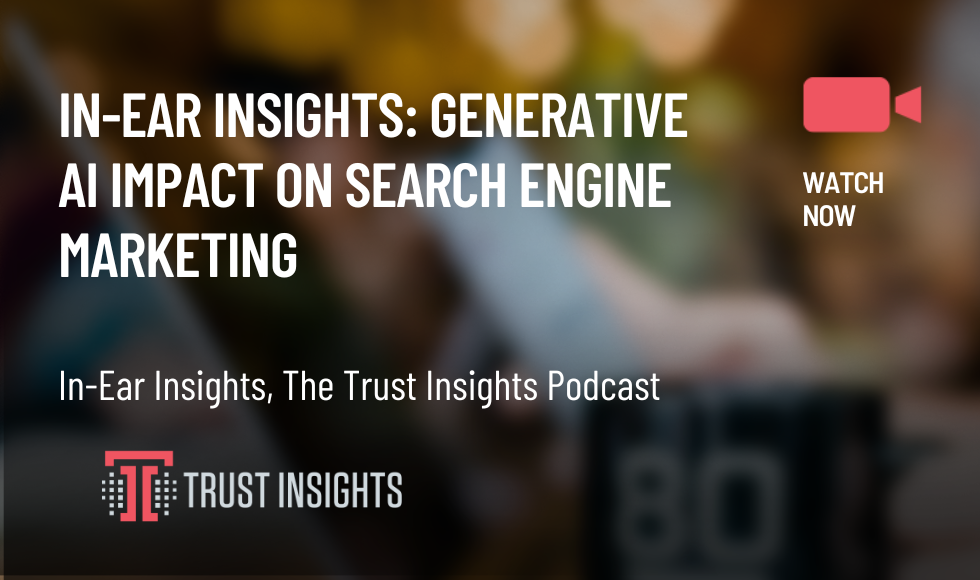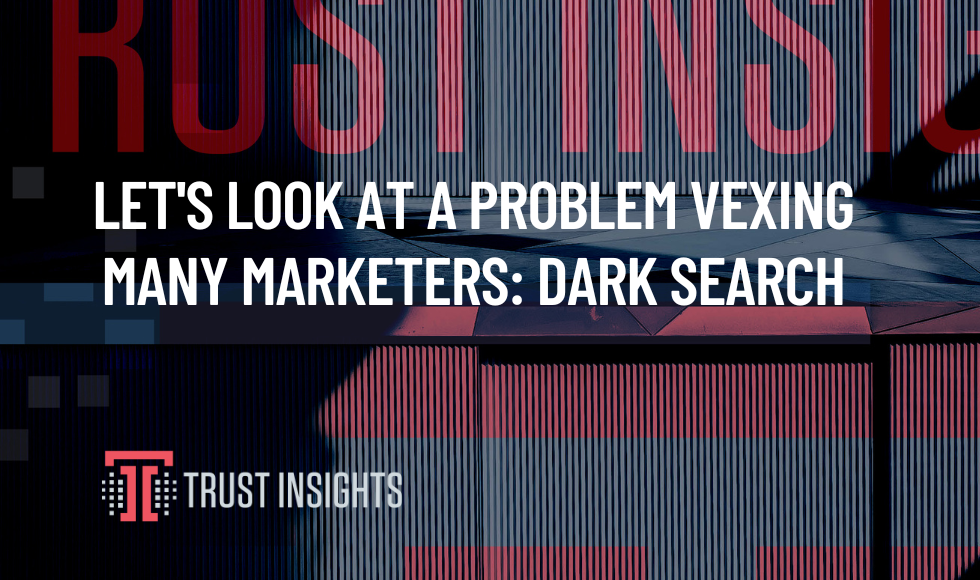This data was originally featured in the July 10th, 2024 newsletter found here: INBOX INSIGHTS, JULY 10, 2024: DEVELOPING A SUSTAINABLE AI INTEGRATION STRATEGY, GHOST JOBS Well, hey there! Let’s chat about a topic that’s been buzzing around boardrooms and strategy meetings: integrating AI into your business. AI has transformative potential, but the real challenge […]
Read More… from Developing a Sustainable AI Integration Strategy















